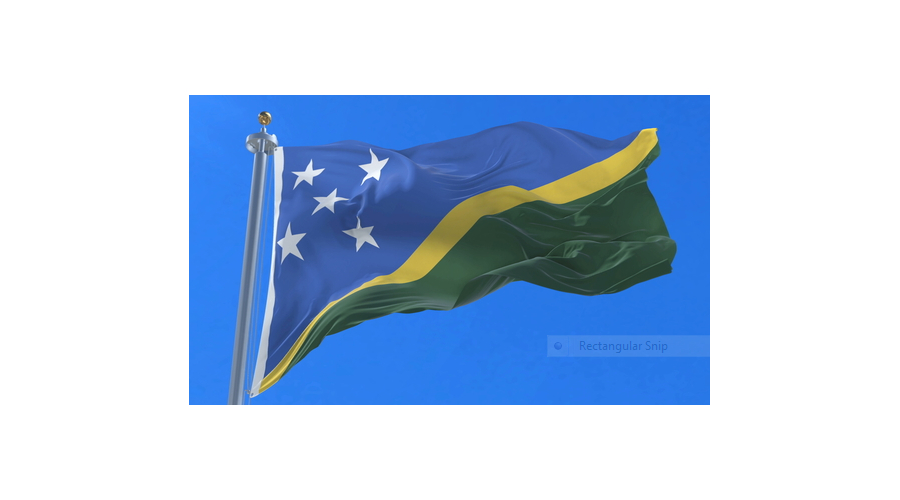Solomon Islands and more especially happenings and trends since last November’s riots in Honiara have troubled me a great deal and, yes believe it or not I am being honest, and this afternoon I tried to figure out a bigger picture, apart from writing about the very real concern of mine concerning health issues and medical care and services.
I came across the following piece online, and I couldn’t actually find a source, but reproduce it below as a direct quote.
Apart from the ongoing fight against Covid-19 which is the main focus of the ongoing news, purposely putting aside political issues very much in the news locally and regionally, I wonder to what extent the following piece is accurate and concerning locally. It is concerning to me.
Quote.
“The environment and natural resources of Solomon Islands are under threat. The threats include invasive species; loss of major land and marine habitats; over exploitation of natural resources; destructive harvesting techniques; and climate change from sea level rise and more frequent destructive climatic events. The root causes stem from human activity - increasing population, increasing consumption, changing economic circumstances and the need for cash, the drive for a more technological world, even globalisation.
The population of Solomon Islands is increasing at approximately 4.4% annually. This is putting pressure on natural resources and land for food and food production, building materials, and other life support systems. Land is cleared for timber, forestry, oil palm plantations, farming, urban and rural developments and infrastructure. Marine habitats are damaged from destructive fishing practices such as dynamite and poisons, pollution and harvesting of rock and coral. Solomon Islanders are moving to a cash economy for school fees, petrol and kerosene and for processed foods. This is resulting in a loss of traditional methods of natural resource management and use.
Compounding the impacts of human pressure is the threat of climate change and sea level rise. Unfortunately for Small Islands States like Solomon Islands, the developed countries are the main producers of greenhouse gases and other climate changing factors. However, the effects will severely impact coastal communities, islands and atolls unless there is a serious attempt at national level mitigation and adaptive measures to ensure Solomon Islands is prepared to deal with the changes and impacts.
The increasing pressures on the environment require action. Multilateral environmental agreements such as the Rio Conventions on Biological Diversity, Climate Change and Combating Desertification have been designed specifically for the international community to meet international goals through national actions. However, there are a number of cross-cutting constraints which impact on the ability of Solomon Islands to meet the commitments of these three international conventions. They include:
- Ineffective legislation and policy framework;
- Institutional, technical and capacity weaknesses;
- Lack of public awareness & information sharing for sound environmental management & decision making;
- Lack of scientific knowledge of and research into Solomon Islands environmental issues including sustainable development, impacts of climate change and biodiversity;
- Lack of mainstreaming environmental considerations, biodiversity conservation and sustainable development across government programmes;
- Poor technology transfer and development;
- Gaps in human capacity and development; and
- Limited access to financial mechanisms and lack of financial and economic incentives.
These capacity constraints also impact on Solomon Islands’ ability to address national environmental issues. The capacity constraints are compounded by the previous “ethnic tension” and civil strife experienced from 1998 to 2003. Solomon Islands is still experiencing periods of political instability ( 2006, 2019 and 2021). Building capacity to meet international commitments of the three Rio Conventions will have significant synergies with the capacity needed for national actions to address environmental, economic and social issues facing Solomon Islands.
End of quote.
Comments
I wonder how Solomon Islanders might consider the opinion piece and express their views. I will be interested to learn of any opinions and especially on views necessary to change the perceptions and move to country ahead.
Yours sincerely
Frank Short



